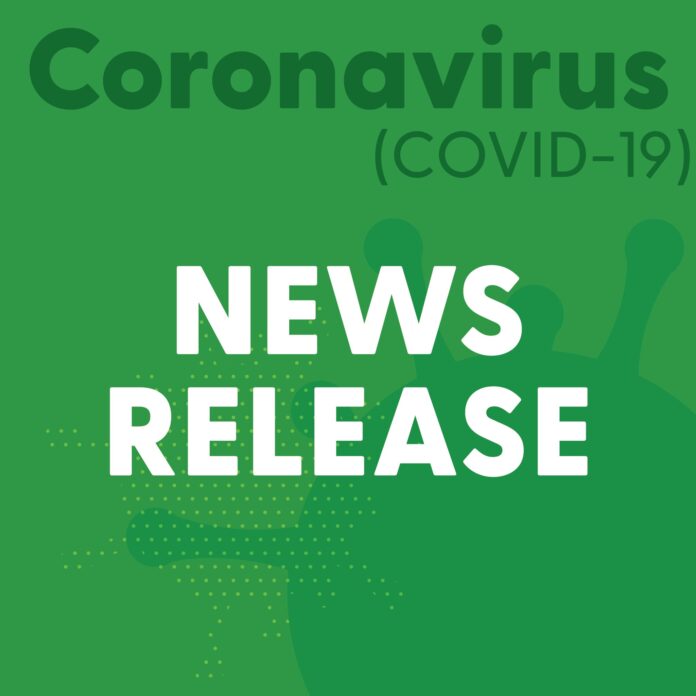MONTGOMERY, Ala. – After a thorough evaluation of the latest safety and effectiveness data and evidence from hundreds of millions of COVID-19 vaccines safely administered in the United States and the billions of vaccines administered in other countries, the Centers for Disease Control and Prevention (CDC) has clarified the COVID-19 vaccination schedule, based on the individual patient.
New data indicate that some people ages 12 – 64 years—and especially males ages 12 – 39 years—would benefit from getting their second mRNA COVID-19 vaccine dose eight weeks after receiving their first dose.
Extending the time interval between primary mRNA COVID-19 vaccine doses from the FDA-approved or authorized three weeks (Pfizer-BioNTech) or 4 weeks (Moderna) to eight weeks may help increase how long protection lasts against COVID-19. It may also help lower the (small) risk of myocarditis (inflammation of the heart muscle) and pericarditis (swelling of tissue around the heart), which has been associated—mostly among adolescent and young adult males—with mRNA COVID-19 vaccination.
According to the CDC, regardless of the interval between the first and second dose, mRNA vaccines are highly effective at reducing the risk of hospitalization and serious complications from COVID-19 infection. People who have already received their primary mRNA series at the three-week or four-week interval remain well-protected—especially if they have received a booster dose.
Providers should continue to recommend the three-week or four-week interval for the following:
· Individuals who are moderately or severely immunocompromised
· Adults ages 65 years and older
· People who may need early protection due to concern about an increased risk of severe illness from COVID-19 or high levels of community transmission
People ages 12 years and older with moderate or severe immunocompromise should receive three doses in their mRNA primary vaccine series and should receive a booster dose with an mRNA vaccine at least 3 months after completing their third primary series dose.
Sign in
Welcome! Log into your account
Forgot your password? Get help
Password recovery
Recover your password
A password will be e-mailed to you.






























